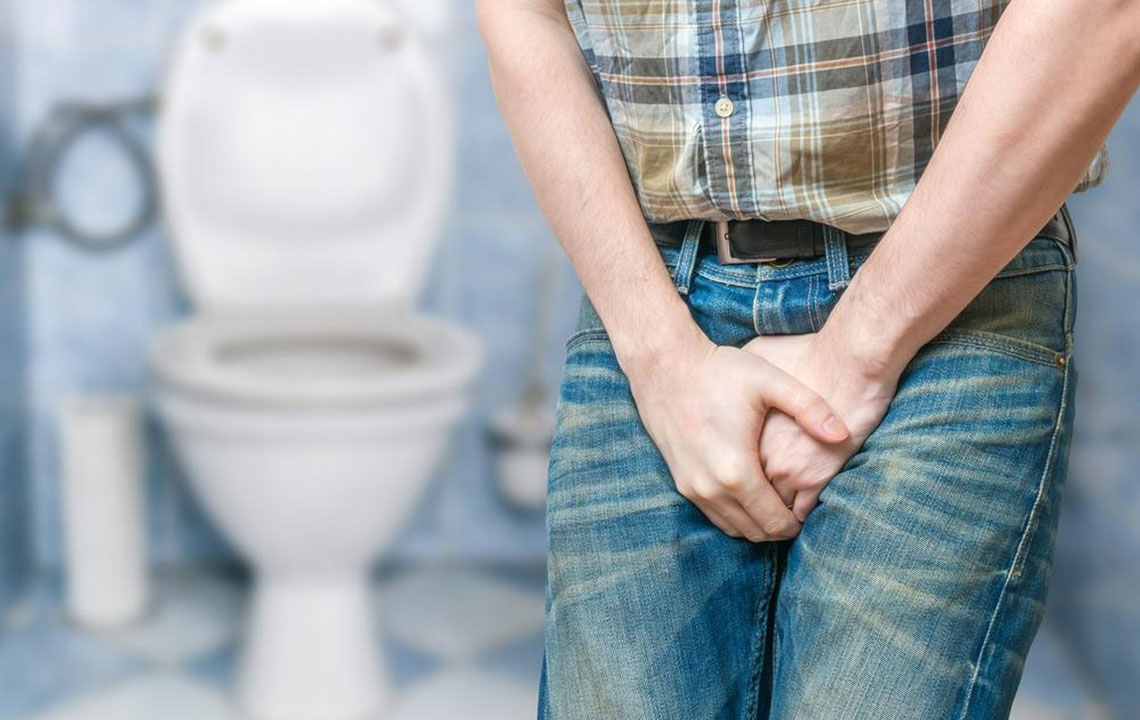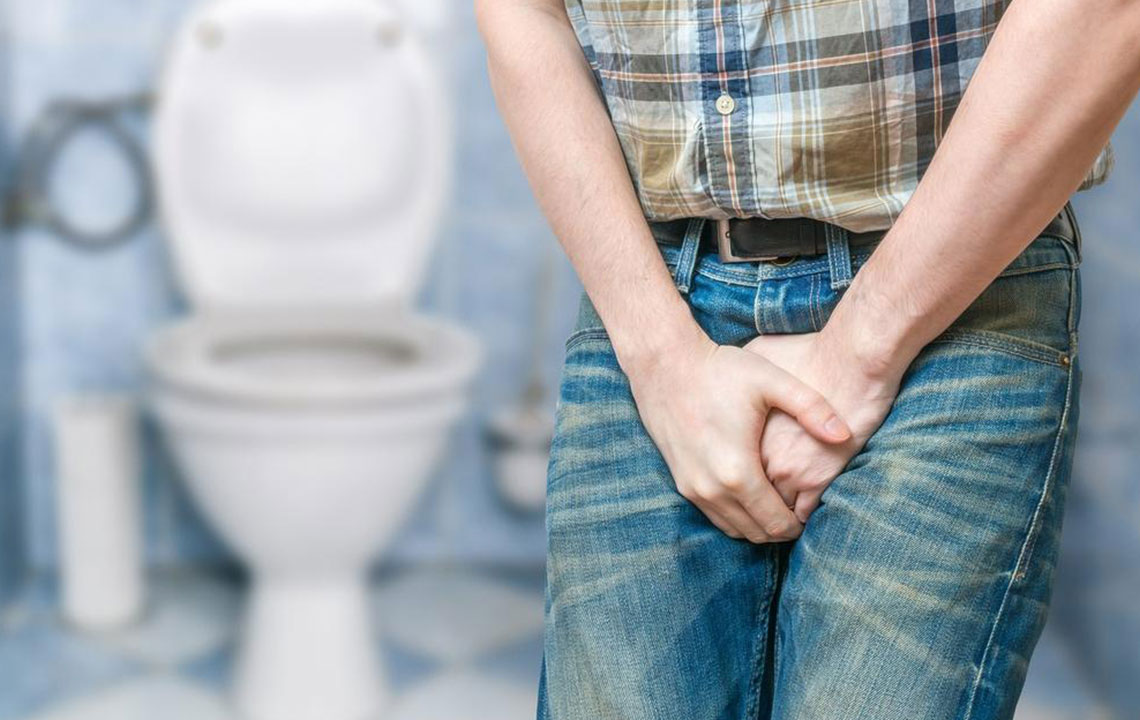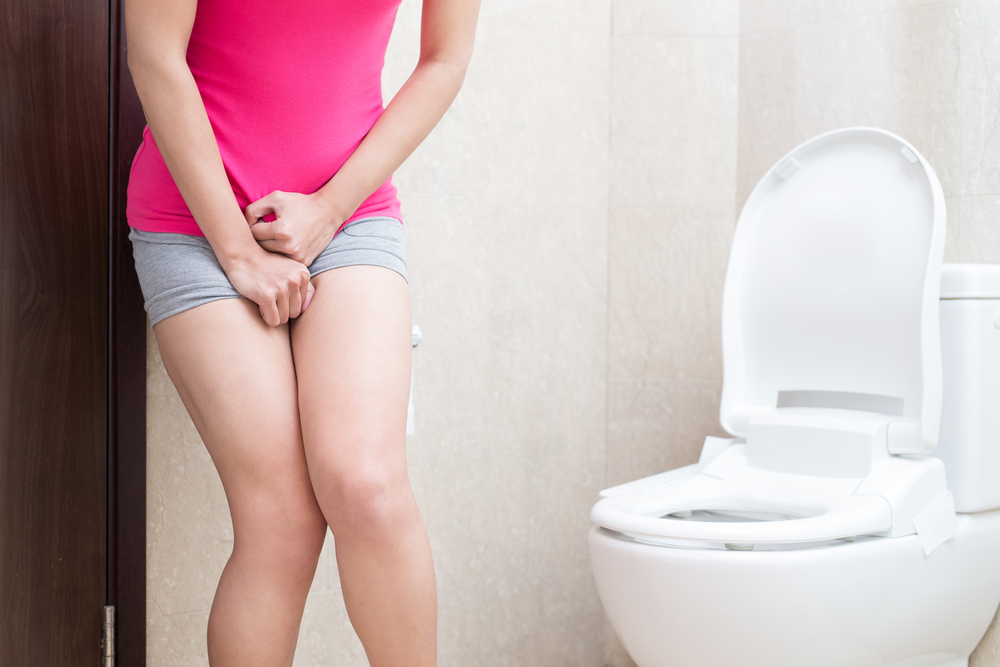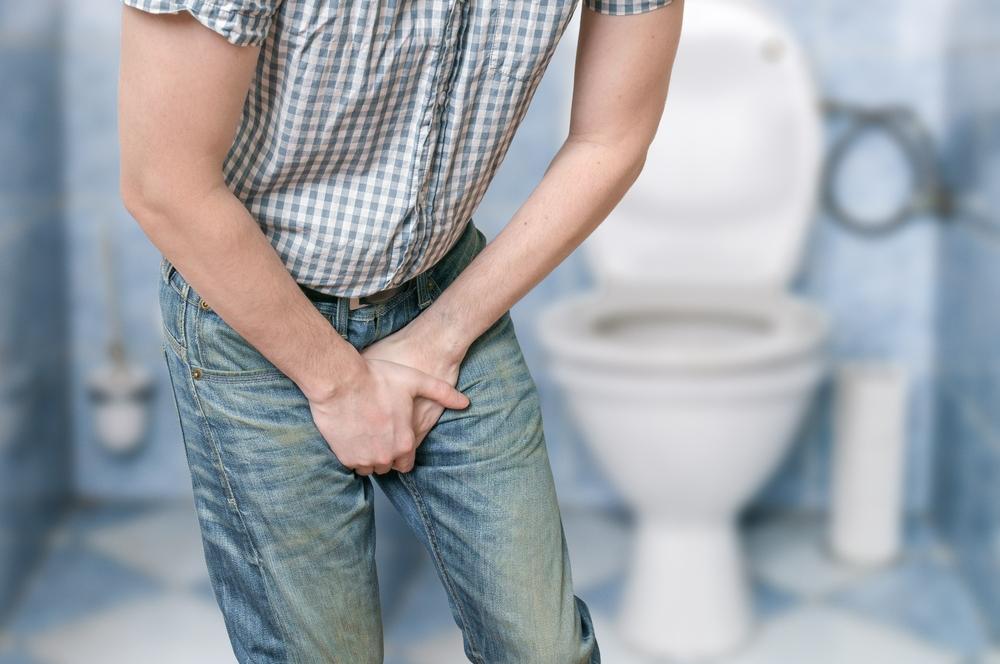Understanding and Managing Frequent Urination: Causes and Solutions
Frequent urination can signal underlying health issues like infections, diabetes, or prostate problems. Managing lifestyle factors and consulting healthcare providers can help control this condition. Recognizing causes and adopting strategies such as bladder training and fluid management are vital steps to reduce symptoms and improve well-being.
Sponsored

Typically, individuals urinate between 4 and 8 times daily. More frequent urination—over eight times a day or waking multiple times at night—may indicate underlying health issues. Recognizing the signs of frequent urination is important for maintaining health. If you're seeking ways to reduce this problem, continue reading to explore common causes and effective remedies.
What Is Frequent Urination?
Frequent urination occurs when the urge to urinate arises more often than normal. While often inconvenient, it can disrupt sleep and signal deeper health concerns.
The average bladder can hold approximately 600 ml of urine. Usually, people feel the need to go when about a quarter full—around 150 ml. This condition, known as ‘polyuria,’ is often overlooked but can be a serious health indicator. It’s distinct from incontinence and warrants attention. Excessive fluid intake, especially caffeine and alcohol, or pregnancy-related pressure on the bladder can exacerbate symptoms.
Other causes include stress, increased urine production, or bladder dysfunctions. Common medical reasons encompass infections, medications, diabetes, pregnancy, bladder tumors, prostate issues, overactive bladder syndrome, and neurological conditions. Identifying the root cause is vital for effective treatment.
Medical Conditions Behind Frequent Urination
Bladder infection: Bacterial irritation causes the bladder to empty prematurely, leading to frequent urges.
Medications: Some drugs, especially diuretics and high blood pressure medicines, increase urine production temporarily.
Diabetes: Elevated blood sugar levels cause the kidneys to produce more urine to eliminate excess glucose.
Pregnancy: Hormonal shifts and bladder pressure heighten urination frequency, which may persist post-childbirth due to trauma.
Bladder abnormalities: Tumors or inflammation can reduce bladder capacity and trigger frequent urination.
Prostate issues: An enlarged prostate obstructs urine flow, irritating the bladder wall and causing urgency.
Overactive bladder: Uncontrolled bladder contractions lead to constant and urgent urination.
Other factors: Conditions like urinary tract fistulas, stones, infections, neurological disorders, or stroke can also be responsible.
Effective Strategies to Manage Frequent Urination
Urine retention training: Gradually holding urine longer trains your bladder, potentially reducing frequent urges over time.
Kegel exercises: Contracting pelvic floor muscles improves bladder control and lessens urgency.
Adjust fluid intake: Limiting consumption of caffeine, alcohol, and artificial sweeteners can help minimize symptoms.
Consult healthcare professionals: If lifestyle modifications are ineffective, seek medical advice. Treatment may involve medication or further diagnostics, especially if underlying conditions like diabetes or infections are present.
Monitoring symptoms: Keep track of urination frequency and any associated issues, and communicate these to your doctor for tailored treatment.
Addressing frequent urination often involves lifestyle changes and medical intervention if required. Early diagnosis and proper management are key. If symptoms persist or worsen, especially with a family history of diabetes or other chronic conditions, prompt medical consultation is essential for effective treatment and improved quality of life.






